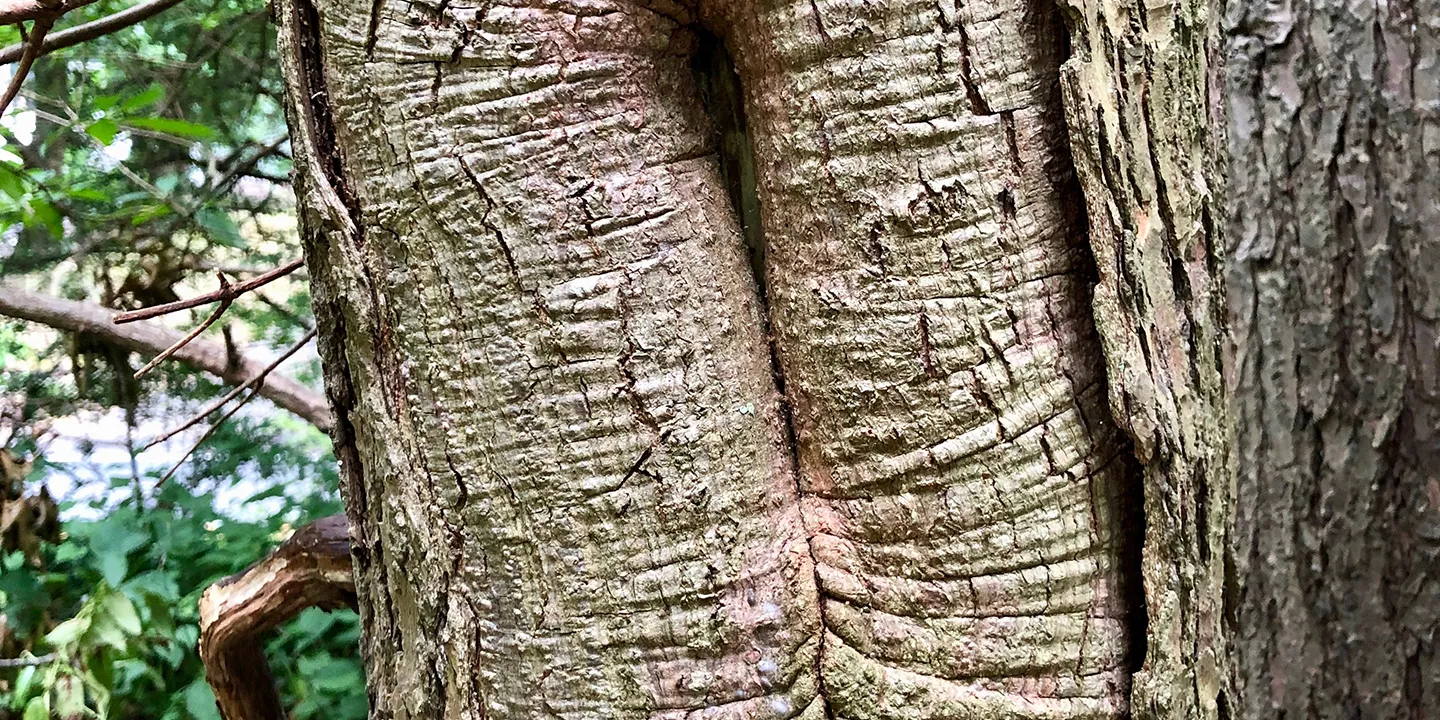This blog integrates Reflective Meditation with mental health topics. Written by Katrina Gould, LCSW.
A client of mine recently moved to Spain and, as one might expect, the transition has been challenging. A different culture, a different town, a different language. The only stable, familiar entity is his longtime partner. Otherwise, all is new. Yesterday, he shared how demoralizing it was that sometimes, he walks into his usual café to write and think, and becomes consumed by the belief that the other regulars (who he knows by sight, but they do not speak) don’t like him. This way of thinking is, of course, familiar to him. It goes all the way back to childhood and a raging father and overwhelmed mother in whose presence he often felt wrong or bad or unwanted. He’s demoralized because, surely, now that he knows this thought isn’t true – but rather is an erroneous belief he formed in childhood – surely he should be able to simply not believe it anymore.
I empathize. Many beliefs about myself have – thankfully – loosened their grip with time and effort. But, under the right – or wrong? – conditions they’ll flare up again. They’re tenacious, these beliefs. Sometimes they’re dormant for a long time and we think we’ve finally escaped their painful influence, only to have them rear their ugly little heads when we’re at our most vulnerable. Like moving thousands of miles away to an unfamiliar country where you only know one person. The experiences that caused the belief in the first place come with us because they happened to us. Kind of the way a scar does.
I warned my client that what was coming next was cheesy, but to bear with me. Then I shared my scar analogy: the event that caused the scar was in the past, but the scar carries on. Mostly we can forget about it and go about our lives. But now and then, things happen that remind us that the skin of that scar doesn’t – can’t – behave like unscarred skin. That’s just how this skin is now. We can want it to behave like unscarred skin, but it won’t. It will behave the way it’s conditioned to; no amount of wishing it were otherwise will change that.
My client didn’t want to hear this from me. He wanted a miraculous cure that would free him once and for all from this painful belief so he could henceforth move more sunnily through life. What he got instead was, “That ain’t gonna happen; beliefs don’t work that way.” Whether or not he wanted to hear this, when he did hear it, something in him settled – because of course, this was really about shame: the shame he felt that an emotional scar was still there behaving like – an emotional scar. He’d never ask a physical scar to be anything other than what it was; he’d never think to feel ashamed that his scarred skin didn’t act like unscarred skin. What if he brought this same “logic” to his emotional scars?
For a moment, he got a glimpse of what it might be like to walk into the cafe, and feel his belief rear up, and instead of berating himself about it, hold it with tenderness. Maybe he could even say to himself, “Aww, honey, this is hard what you’re doing, and hard things bring up this worry about not being liked.” He could offer to himself the tenderness he needed as a kid instead of the shaming he got instead. Just for a moment, he’d know he was okay, he was loved. String about a million of these moments together and this belief might not be so tenacious – until the next time.
Nelly’s response
There is much overlap here between what developed in this psychotherapy and what might develop in Reflective Meditation. Both traditions aim to loosen the grip of limiting beliefs about self. Both understand that under stressful conditions they are likely to resurface.I love the metaphor of the scar. Old wounds heal but usually do not disappear.
In Reflective Meditation we encourage you to caringly sit and tolerate the inevitable hurt and pain of your particular life situations. Don’t avoid it or rush to fix it. A caring stance towards your pain is healing. If I had to choose one aspect of my “self” that has transformed it would be the capacity to be tender towards myself – in thoughts and in actions.
A popular teaching in Buddhism is the second arrow or “add-ons”. Some of our hurt and pain is existential, but some of it is added on. How we mentally and emotionally handle our pain and hurt can make it worse. Becoming aware of and changing those behaviors is an overlap between psychotherapy, Buddhist psychology, and Reflective Meditation.
Katrina, how wonderful that your client was able to imagine walking into a cafe and holding his experience with tenderness.

